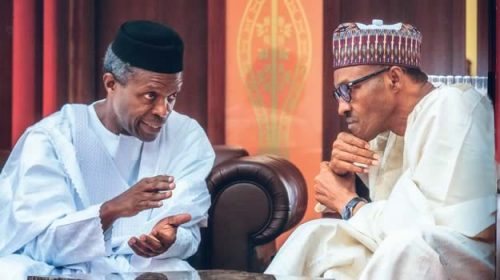 Nigerian economy has continued to slump and contract for the fifth consecutive quarter, as oil output gradually declined.
Nigerian economy has continued to slump and contract for the fifth consecutive quarter, as oil output gradually declined.
Data released by the National Bureau of Statistics shows that Gross Domestic Product of Africa’s most populous nation, Nigeria shrank by 0.52 percent in the first quarter of the year compared to a revised 1.7 percent contraction in the final three months of 2016.
The economy took a hit after oil prices crashed in mid 2014 and militants from the oil producing communities destroyed pipelines causing production to fall.
While the Nigerian government seems to be optimistic that this new figures will get us out of recession, financial analysts share divergent views.
Nigerians who are at the receiving end say they are yet to feel the impact of government policies aimed at reflating the economy as prices of goods and services remain on the high side.
These analysts say there is a need for the government to strengthen the macro economic policies and implement structural reforms needed to diversify the economy.
The world bank warns that it is not yet time to rejoice, arguing that Nigeria’s economic recovery process remains fragile and fraught with a high degree of risks.





